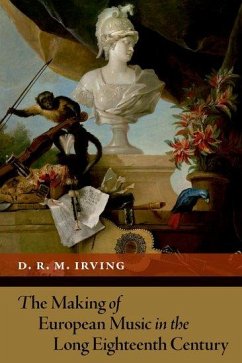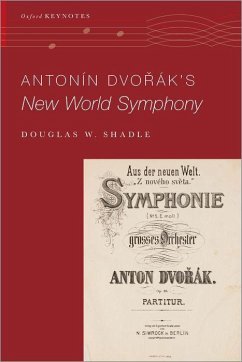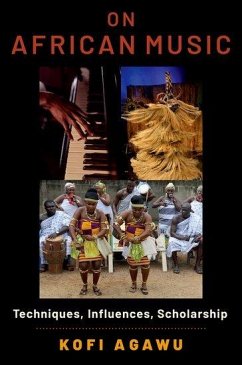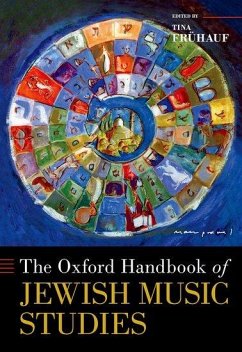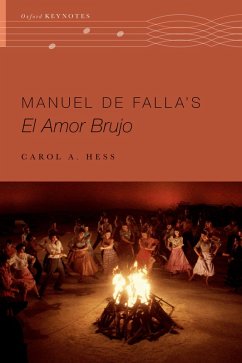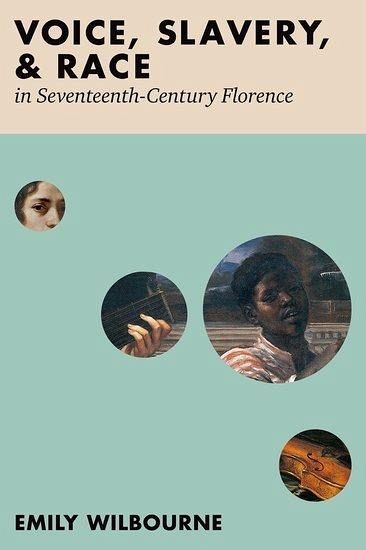
Voice, Slavery, and Race in Seventeenth-Century Florence
Versandkostenfrei!
Versandfertig in über 4 Wochen
86,99 €
inkl. MwSt.
Weitere Ausgaben:

PAYBACK Punkte
43 °P sammeln!
Voice, Slavery, and Race in Seventeenth-Century Florence argues for the power of sound -- particularly musical and vocal sounds -- to systems of racial and ethnic difference. Foregrounding newly discovered archival sources, Emily Wilbourne documents the significant presence of foreign and racially-marked individuals in Medici Florence, many of whom were living under conditions of slavery or unfree labor. This book considers how the musical and verbal sounds of these individuals were recruited to represent or communicate access to subjectivity, agency, and voice.




